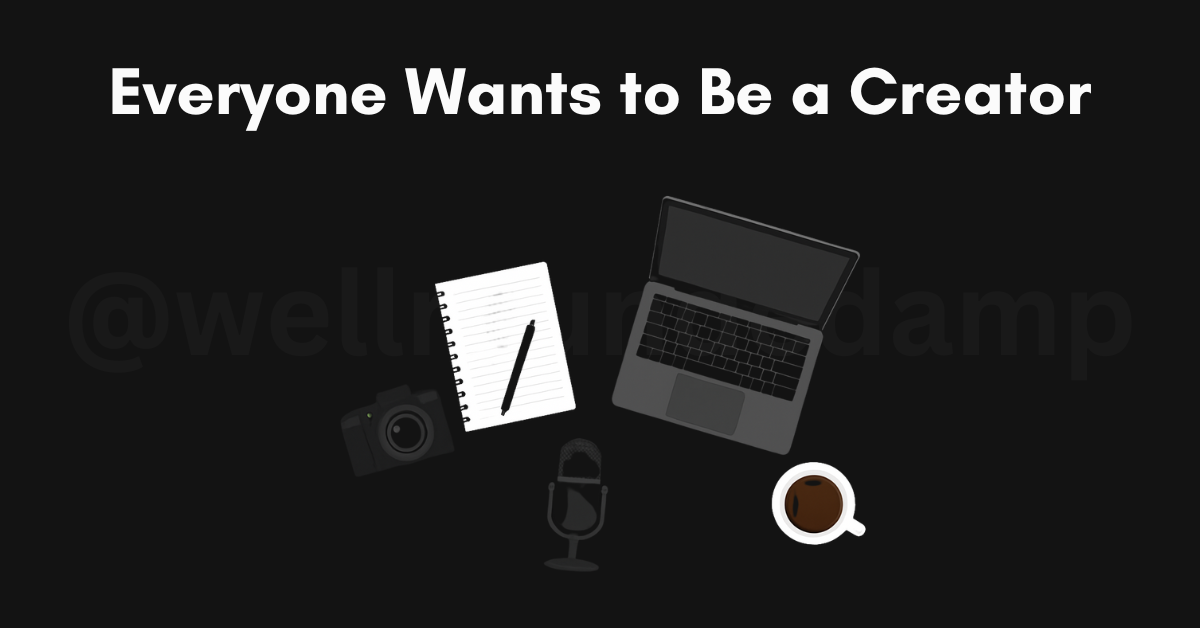From a Cabinet Shop in Florida to Leading Remote Strategy: How I Earned My Freedom Through Career Capital
I started working in the fifth grade. Not babysitting. Not mowing lawns. I was in a cabinet shop—Made Rite Cabinets—my uncle’s business in Jacksonville, Florida. He paid me $5.50 an hour to clean the shop, sand boards, and prep parts for the real carpenters. I was bad at it. I was slow, unsure, and mostly in the way. But I kept showing up.
By my second summer, something changed. I wasn’t just sanding anymore—I was building. My uncle would leave me in the shop with pre-cut materials and trust me to assemble entire cabinets. I’d glue, nail, clamp, and finish the boxes on my own. I was eleven. And by the next summer, I was on the install team. My cousin and I would get dropped off at job sites with a full kitchen layout, and we’d put the whole thing in—cabinets, countertops, everything. We were just kids, but we had skills. That summer I made $7 an hour, and I had earned every cent.
In high school, I was pulling in $8 an hour, and by then, I was officially a “cabinet man.” I could drive now, which made me even more useful to my uncle’s business. I’d show up after school to help him out, sometimes working just a few hours a week. But my uncle understood something that most bosses don’t—he paid me like I was working overtime. Because he knew school was my full-time job, and every hour I gave him after that was extra. He paid me double because I was reliable. Because I had developed a skill he could count on. I still carry that skill to this day. You could put me in a shop right now, and I could do a full kitchen assembly and install without blinking. That’s the first time I understood the power of what Cal Newport calls career capital—rare and valuable skills that give you leverage.
But that lesson didn’t fully click until I failed. See, after college, I landed a job in communications. And I was awful at it. I didn’t know how to write a basic press release. I didn’t know what a lead was or how to structure a story. My first on-camera interview was a nightmare. I was supposed to announce that three people had died. It was a tragic moment. I gave the facts—but forgot to say “thoughts and prayers.” I delivered it cold, like a robot, and my heart sank the moment the camera turned off. I wasn’t cut out for this—yet.
That failure humbled me. It also motivated me. I joined the DC Air National Guard and went into Public Affairs. That meant writing, media relations, photography, video editing, crisis communications—everything I wasn’t good at. And that’s exactly why I did it. Because I wanted to earn my place. I wanted to develop the kind of skills that would make me undeniable.
For the next several years, I built. I wrote daily. I learned to find the lead and build the bridge. I studied the rhythm of media. I learned how to shoot, edit, and publish videos. I handled tough interviews, built communications plans, advised military leaders during crises, and eventually earned awards for my work. Slowly, my confidence caught up with my capabilities. The kid who forgot to say “thoughts and prayers” became the man trusted to run a full strategic campaign. That’s what deliberate practice looks like—repetitions, feedback, and discomfort over time.
As I kept leveling up, I stacked my skills. From writing and social media to photography, videography, consulting, graphic design, and media strategy—I became a full-stack communicator. And by the time 2017 rolled around, I had something more valuable than a fancy title or a big paycheck: autonomy.
I had built enough capital to work fully remote, years before COVID made it normal. I got to choose the projects I worked on, the clients I supported, the cities I lived in. I didn’t need to ask permission. I had earned my freedom—not because I manifested it, but because I worked for it.
And that’s the part nobody talks about in the creator economy.
Scroll through Medium, and you’ll see thousands of people writing about writing on Medium. New YouTubers give advice on becoming a YouTuber. Aspiring influencers try to sell courses on influence before they’ve influenced anyone. Everyone wants to skip straight to passion. But if you haven’t built any capital—if you haven’t developed a skill that solves a real problem—then all you’re doing is shouting into the void.
The truth is: you don’t get control until you’ve earned trust. You don’t get freedom until you’ve built value. Career capital is what lets you negotiate—not just a salary, but your time, your energy, and your path.
So if you’re trying to break out, build a brand, or be your own boss, start with this question:
What am I actually good at?
And if the answer is “not much yet”—good. That means you know where to begin.
Build something people need. Practice until it’s undeniable. Stack your skills. And when the time comes, you won’t have to ask for permission.
You’ll have earned your freedom.


I’m now a loyal reader and a frequent visitor. Your blog is a genuine discovery for me, consistently delivering high-quality content and profound depth on subjects I care deeply about. Thank you for cultivating such a valuable online space.
Awesome! Its genuinely remarkable post, I have got much clear idea regarding from this post
It’s a fantastic way to unwind and reset your entire system. Try it today.
This was beautiful Admin. Thank you for your reflections.
Good post! We will be linking to this particularly great post on our site. Keep up the great writing
Very well presented. Every quote was awesome and thanks for sharing the content. Keep sharing and keep motivating others.